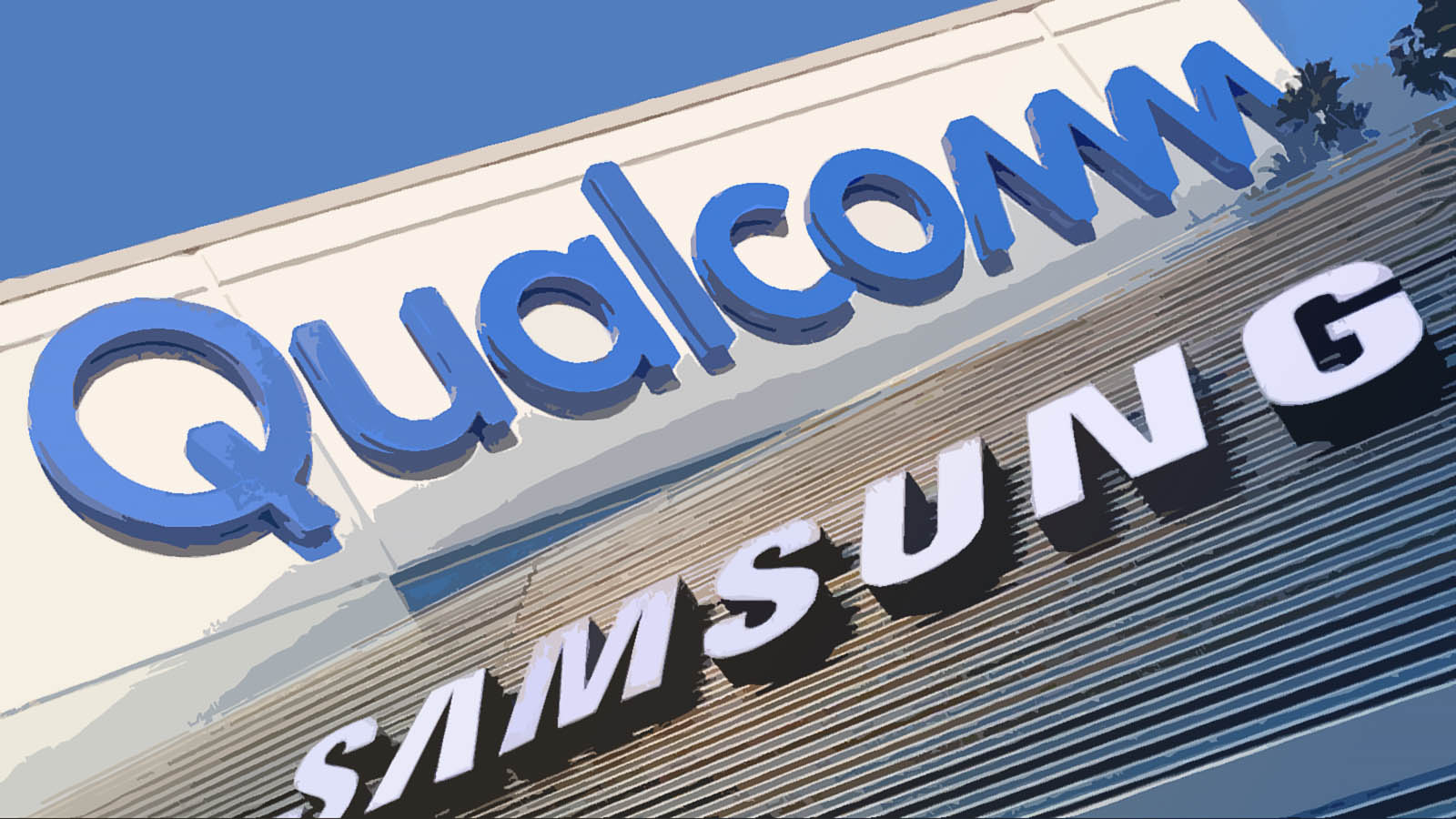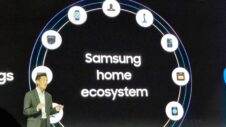Samsung's top-tier Galaxy smartphones have gotten more expensive over the years, and although many reasons could be attributed to this upward trend, Qualcomm — a company that is generally held in high regard by Galaxy smartphone owners — is at least partly responsible for this outcome, suggests one nonprofit consumer organization based in the UK.
Consumer organization Which? argues that the US-based chipmaker has breached UK competitors law by leveraging its market position to increase licensing prices for tech manufacturers Samsung and Apple. These costs were then passed on to customers, who should be owned anywhere between £5 and £30 each, the group claims.
Which? is seeking compensation in the name of 29 million customers in the UK, who could be owned a combined £482.5 million. It's not clear how this enormous sum of money would be split between Samsung and Apple customers.
Qualcomm's supposedly affecting prices since late 2015
Which? claims that Qualcomm has increased licensing prices unfairly for the past half a decade, and the group is seeking compensation for Samsung and Apple customers who have purchased devices that were released after October 1, 2015.
This would supposedly include the Galaxy S7 series, though it's important to note that Galaxy smartphones in the UK are powered by Exynos chipsets, not Qualcomm's, which suggests that the increased licensing fees are related to other technologies.
Qualcomm, on the other hand, doesn't agree with the consumer organization's claims. According to a Qualcomm spokesperson cited by This is Money, “There is no basis for this lawsuit. As the plaintiffs are well aware, their claims were effectively put to rest last summer by a unanimous panel of judges at the Ninth Circuit Court of Appeals in the United States.”
In other words, this isn't the first time for Which? to make similar claims against Qualcomm. Now, however, the consumer organization is bringing the issue to the attention of the Competition Appeal Tribunal in the UK. Qualcomm will have the right to appeal the decision once one will be made, so chances are that you won't be getting the £5 – £30 for which you may or may not be eligible.
Have you purchased any Galaxy smartphones or tablets in the UK since 2015? What do you make of this latest development? Let us know in the comment section below.






